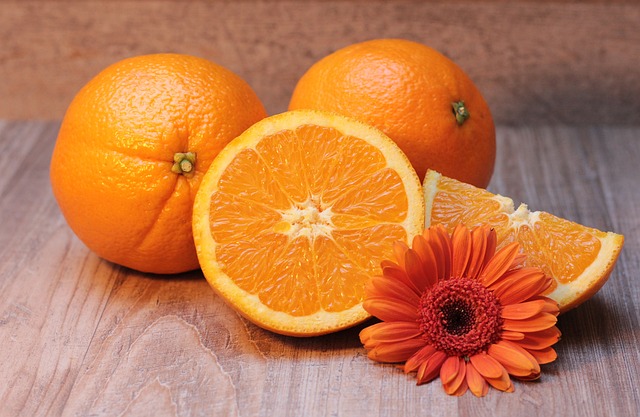The Probiotic Advantage: Fueling Your Fitness Journey from Within
When it comes to achieving optimal fitness, most people focus on their exercise routine and diet. While these aspects are undoubtedly important, there is another key player in the game that often goes unnoticed – probiotics. These live microorganisms provide numerous health benefits, including improving digestion, boosting the immune system, and even aiding in weight loss. Today, we will delve into the world of probiotics and explore how they can fuel your fitness journey from within.
What are Probiotics?
Probiotics are live bacteria and yeasts that are beneficial to your health, especially your digestive system. While bacteria are often associated with diseases, our bodies are full of both good and bad bacteria. Probiotics are the good bacteria that help keep our gut and overall body functions in balance.
The Connection between Probiotics and Fitness
You may wonder, what do probiotics have to do with fitness? Well, the state of your gut health can significantly impact your overall well-being and athletic performance. Here’s how probiotics can fuel your fitness journey:
Improved Digestion
Digestive health plays a crucial role in nutrient absorption and energy production for workouts. Probiotics help improve digestion by reducing bloating, gas, and constipation. They assist in breaking down complex carbohydrates, proteins, and fats, ensuring that your body can properly extract and utilize the nutrients from the food you consume.
Enhanced Nutrient Absorption
When you consume a nutrient-rich meal, it’s essential that your body can absorb and utilize those nutrients effectively. Probiotics help enhance nutrient absorption by maintaining a healthy balance of gut bacteria. By ensuring optimal absorption, your body will have the necessary vitamins, minerals, and macronutrients required for energy production, muscle repair, and growth.
Stronger Immune System
Regular exercise can temporarily weaken your immune system, increasing the risk of illness and infections. Probiotics can help strengthen your immune system by supporting the production of antibodies and enhancing the activity of immune cells. By improving immune function, probiotics can help reduce the risk of falling sick and missing out on workouts.
Reduced Inflammation
Intense physical exercise can lead to inflammation in the body, causing muscle soreness and delayed recovery. Probiotics have been shown to have anti-inflammatory effects, helping to reduce inflammation markers in the body. By reducing inflammation, probiotics can speed up recovery and help you bounce back faster after demanding workouts.
Weight Management
If weight loss is one of your fitness goals, probiotics can be your allies. Some strains of probiotics have been found to increase the release of hormones that control appetite, potentially reducing cravings and promoting feelings of fullness. Additionally, they may help prevent the absorption of dietary fat, resulting in weight loss or maintenance.
How to Incorporate Probiotics into Your Routine
Now that you understand the benefits of probiotics for your fitness journey, you may be wondering how to include them in your routine. Here are some simple ways to incorporate probiotics:
1. Probiotic Supplements
Probiotic supplements are widely available and offer a convenient way to increase your probiotic intake. Look for high-quality supplements that contain a variety of strains and colony-forming units (CFUs). Consult with a healthcare professional to determine the right dosage for your needs.
2. Fermented Foods
Fermented foods are natural sources of probiotics. Include foods like yogurt, kefir, sauerkraut, kimchi, and kombucha in your diet. These foods not only provide probiotics but also offer other essential nutrients for your overall health.
3. Prebiotic-Rich Foods
Probiotics thrive on prebiotics, which are non-digestible fibers that promote the growth of beneficial bacteria. Incorporate prebiotic-rich foods such as onions, garlic, bananas, oats, and legumes into your meals to create a favorable environment for probiotics.







